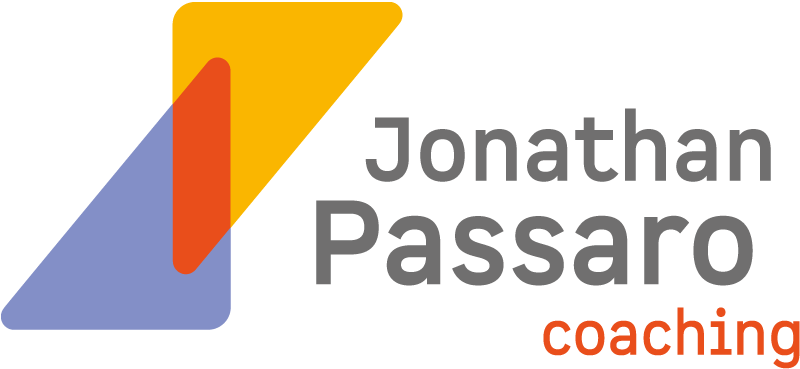Know Your Value
La version française de cet article est disponible ici.
Even if you think the reasons why you succeed are obvious, you may well be mistaken.
For example, a recent client was known for his aggressive approach with his contractors. One lesson he had internalised over the course of his career was that hostile behaviour delivered results. However, his attitude was starting to create more and more tensions in his workplace.
It turned out that this was a perfect example of the axiom that correlation does not equal causation. Indeed, after speaking with numerous colleagues, he concluded that he had always succeeded in delivering results in spite of — rather than thanks to — his belligerent manner.
He therefore decided to moderate his style. Contrary to his previous understanding, he learned that stakeholders on his projects appreciated working with him because of his unique ability to follow the progress of every workstream on the projects he managed, and to understand every detail. He therefore decided to focus on developing these capacities, as well as on managing his temper. His relationships with his stakeholders improved without any negative impact on his projects.
This case is but one of many examples of a relatively common phenomenon: we think we have succeeded for one reason, when in fact our success is due to entirely different reasons. And therein lies the danger: success can be short-lived if we do not understand the reasons behind our success. These reasons can change over time, especially as we evolve in our careers.
It is therefore essential to remain attentive to clients, colleagues and other stakeholders: what exactly do they appreciate about your work? Knowing the responses — especially when they are different than expected — allow you to ensure that your professional development continues in such a way as to give you the best chance at future success.
Do you want to be sure you continue to thrive in your current role? Feel free to get in touch here so that we can have a no-pressure conversation about how you might be able to leverage coaching to keep advancing in your career. If you would like to know a bit more about me first, take a look here.
